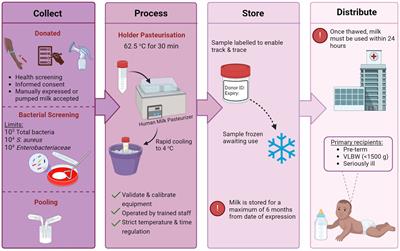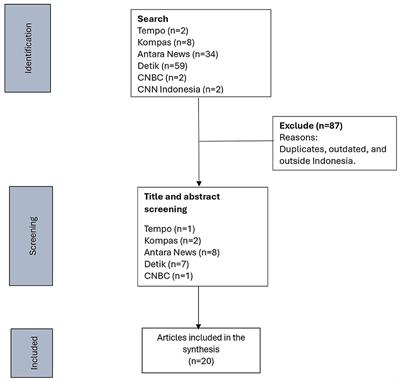REVIEW
Published on 01 Nov 2024
Donor human milk: the influence of processing technologies on its nutritional and microbial composition

doi 10.3389/fnut.2024.1468886
- 1,105 views
1,042
Total downloads
5,364
Total views and downloads
REVIEW
Published on 01 Nov 2024

ORIGINAL RESEARCH
Published on 18 Sep 2024

ORIGINAL RESEARCH
Published on 24 Jul 2024
